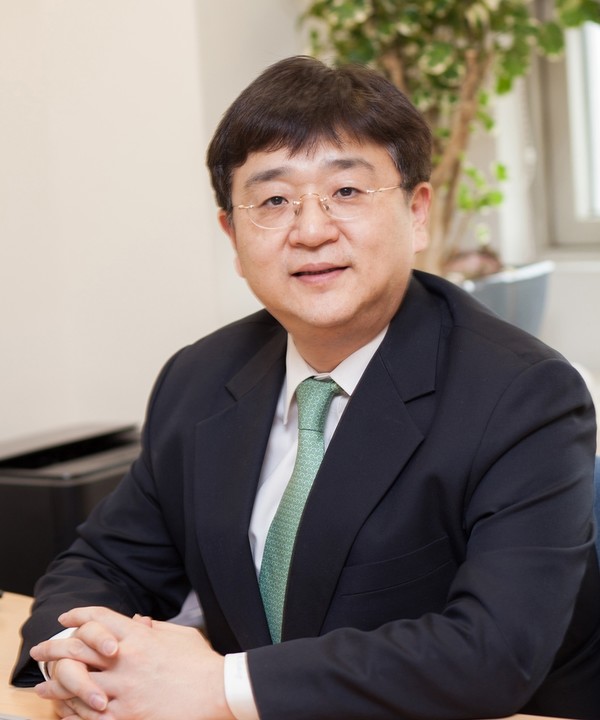A Seoul National University Bundang Hospital (SNUBH) research team has extended the survival period of pancreatic cancer patients after surgery with tailored adjuvant chemotherapy based on individual biomarkers.

The research team, led by Professor Hwang Jin-hyeok of the Internal Medicine Department, attempted to prove the effects of “customized anticancer therapy based on biomarkers” by planning a study that allows for selecting supplementary anticancer therapy after pancreatic surgery based on the individual patients’ expression of biomarkers.
Pancreatic cancer requires patients to undergo surgery for a full recovery. Still, the tumor often grows back even after the operation, forcing them to receive periodic checkups with continued adjuvant chemotherapy. Fluorouracil-based therapy and gemcitabine are the standard chemotherapies for now. Still, there are no clear guidelines for which treatment to be more effective for each patient.
Researchers provided customized post-surgical chemotherapy to 44 pancreatic cancer patients depending on the expression of the biomarker, known as human equilibrative nucleoside transporter 1 (hENT1), a pathway to deliver gemcitabine into cancer cells.
The research team gave gemcitabine to 18 patients with high hENT1 expression and treated 26 participants who showed low expression with fluorouracil and leucovorin and followed up the study for 28 months.
The study results showed that the average survival period of patients treated with the customized chemotherapy reached 36 months, significantly longer than the 22 months on average confirmed in patients without the pilot therapeutic method.
“Patients showed lowered cancer recurrence with significantly extended survival period after taking the biomarker-based therapy,” Professor Hwang said. “We expect the biomarker-based personalized chemotherapy to improve the prognosis of pancreatic cancer patients if they face difficulty receiving polyphyrinox chemotherapy.”
Hwang added that he hopes patients would not give up on therapeutic options as various new treatment studies are going on to tame the intractable nature of pancreatic cancer.
The study results were published in the March issue of the international journal Pancreatology.

